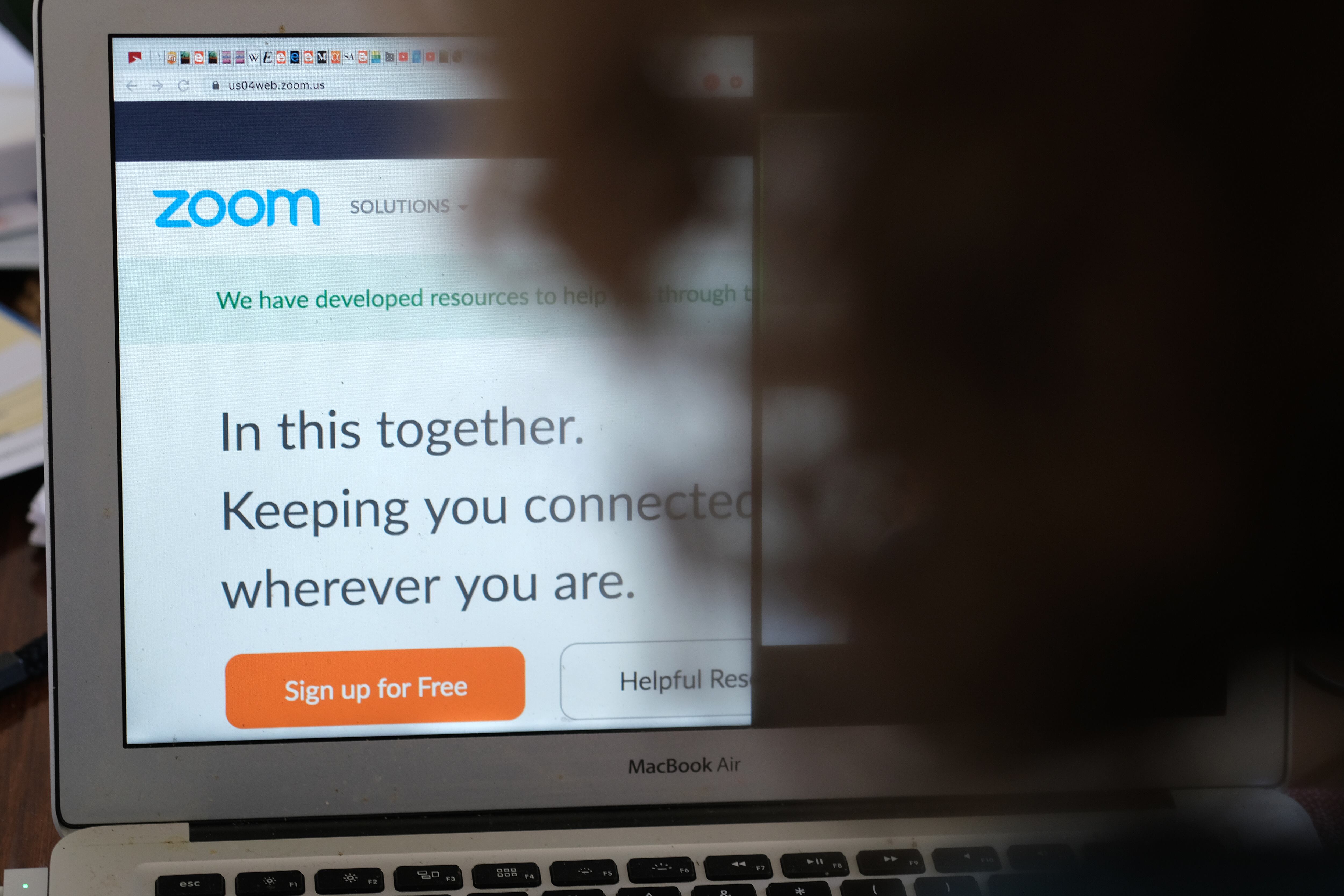As Colorado schools prepare for the possibility that some remote learning will continue into the fall, the State Board of Education is seeking a legal opinion on whether the online meeting platform Zoom complies with state and federal student privacy law.
The State Board has a long history of bipartisan support for protecting student data privacy, so much so that some education advocates say Colorado has made it too hard to know how well different groups of students perform on state tests. The State Board voted unanimously at its Wednesday meeting to ask the Colorado Attorney General’s Office to weigh in on whether and under what terms school districts should use Zoom for remote learning.
Zoom saw a surge in users as employers, educational institutions, and even family meetings moved online amid widespread closures to slow the spread of coronavirus. It’s easy to use, and there’s a free version of the software. But that growth brought with it a host of concerns, including what data Zoom might store about users and the ability of hackers to “Zoombomb” meetings with inappropriate images and streams.
State Board Member Steve Durham, who raised the issue, said he’d heard from constituents and has his own concerns about what data Zoom stores and shares.
“I understand that some districts are using Zoom and requiring students to participate in Zoom events that may be compromising the privacy of those children,” he said.
Privacy concerns led New York City to temporarily ban the use of Zoom for remote learning, a prohibition that was met with frustration and widespread flouting of the rules by teachers and families who had finally gotten used to the platform. Last week, New York reached an agreement with Zoom to beef up privacy, and the company rolled out a customized platform just for educators there, though not everyone finds it easy to use.
State Board members said Colorado should look at the agreement reached in New York and see if a similar deal would make Zoom acceptable in schools here.
It’s not clear how many Colorado school districts use Zoom. Denver Public Schools, the state’s largest district, discourages Zoom use and has a list of approved platforms, which include Google Classroom, Schoology, Seesaw, and Edgenuity. The district encourages schools to use Google Meet for video calls “since we are able to monitor student behavior and ensure they are using technology appropriately,” a spokesperson said.
Jeffco Public Schools does have a centrally managed Zoom account with additional protections, but the district mostly uses Google Meet. A district spokesperson said privacy has been a top concern as administrators choose platforms.
“We want to ensure our cloud providers are not doing anything creepy with our data: selling it, sharing it for advertising, keeping it for longer than necessary,” spokesperson Cameron Bell said in an email last month.
However, many smaller districts don’t have the same capacity to vet providers.
A Zoom spokesperson said via email that the company does not and never has sold user data and that its K-12 privacy policy complies with federal and California state law.
“Zoom is particularly committed to protecting the privacy of K-12 users,” the company said.
Even as she voted to send an inquiry to the attorney general, State Board member Jane Goff said the state should be careful not to put districts in a position of having to scramble to make new arrangements. Once students and teachers are familiar with a particular platform, there’s a cost to switching, she said, and if Zoom ends up off limits, the state education department should recommend alternatives that do comply with privacy laws.
“I’m not feeling real good right now about telling a bunch of school districts, ‘your Zoom is a no-go,’” she said. “We need to be ready for whatever ‘now what?’ arises.”
Chalkbeat reporters Melanie Asmar and Yesenia Robles contributed to this report.
This story has been updated with comment from Zoom.





